|
1. The standard time period for George Cahill’s medical research on starvation went up to 6 weeks: https://thehealthsciencesacademy.org/wp-content/uploads/2015/07/Fuel-Metabolism-in-Starvation_ReviewArticleTIMM2008-9Lazar-1.pdf. There is a published paper on a 382 day therapeutic fast: https://www.ncbi.nlm.nih.gov/pmc/articles/PMC2495396/.
2. With choline supplementation alone, many people CANNOT feel hunger. I’ve had clients lose over 100lbs of bodyweight just with nailing choline dosing. Given our central neurotransmitter is acetylCHOLINE, it would make sense that as we use it up we would powerfully (perhaps overwhelmingly) hunger. Moreover, there is evidence of dietary choline intake association with improved body composition: https://www.ncbi.nlm.nih.gov/pmc/articles/PMC4863971/. 3. Ask anyone who has reliably BECOME lean. I’m not talking about skinny or ectomorphic people who become fitness influencers without ever gaining or losing significant body fat. I’m talking people like me who’ve purposely lost 70lbs. Or people who’ve gained and cut repeatedly to increase overall muscle size. We look forward to feeling hunger as confirmation of crossing the fat loss threshold. Moreover, the hunger hormone is connected to positive changes in Growth Hormone. So you do actually want to feel hunger regularly to live longer and better. 4. A lot of times people merely feel hunger (or cravings) at a time period which they’ve trained their brains to expect food. If so, identify those times and go without 3 days in a row in order to begin retraining the conditioning switch by at least 20%. Around 3 consecutive weeks there will be at least an 80% reduction in hunger at those times. I've repeatedly observed this and wonder if it's where the "21 days to form a new habit" farce came from. There is certainly power in three consecutive experiences when we discuss conditioning responses and behaviors. Three days. Three meals. Three arguments. Three weeks. Three warnings. Three months. Three lies. Three years. Three meetings. Three wrongs. Three lessons. However, in research on the formation of habits, we find the average time it takes for 95% adherence to new habit is 66 days: http://repositorio.ispa.pt/bitstream/10400.12/3364/1/IJSP_998-1009.pdf. Since that study came out, I've been unable to shake its uncanny resemblance to three consecutive blocks of 22 days. Each block being one day more than the anecdotal three weeks we long heard prior to that study. Thus, perhaps it's best to say you won't even give yourself a chance until you do three consecutive days. You can call it a new and fragile habit at three consecutive weeks. Around sixty-six days is when it becomes a bit more reliable and trustworthy.
0 Comments
Researchers demonstrated that fructose was more influential in the accumulation of fat in and around the liver than eating dietary fat: https://www.ub.edu/.../menu_eines/noticies/2022/03/010.html
This parallels prior findings. In fact, other teams have shown you can reduce fatty liver in only six days of eating a HIGH FAT DIET: https://www.ncbi.nlm.nih.gov/pmc/articles/PMC7132133/ The rise in American fatty liver disease runs precisely with the popularity of reduced-fat foods. In place of higher dietary fat we substituted fructose and higher carbohydrate concentrations. This sometimes leads to a confusion of terms. Even really smart researchers sometimes use “High fat diet” to refer to the standard American diet which is 80-90% carbs. In the literature I’ve run into this frequently. Many authors misuse this terminology, which only confuses the public. Likewise, even in this study, the authors over specified “liquid” fructose, as if the chemistry will affect cells dramatically differently. The fact of the matter is the fructose content in 3 servings of apples and grapes exceeds soft drinks: https://www.bodyspec.com/.../fructose_not_so_sweet_after_all. People will have natural syrup, agave, and applesauce, not realizing they’re pumping more fructose into the body than those who avidly drink Coca Cola. Effective nutrition requires more sophistication than “good” and “bad.” It can be one of the most difficult subjects I cover with clients. But many people who require dramatic weight loss need to take a close look at fruit reduction when we’re troubleshooting their bodies’ resistance against fat loss. Meanwhile, we often have to raise their intake of dietary fats. It doesn’t make fruit bad and high-fat foods good. The question was never about good or bad. It is over what is productive and effective. About 30 years ago, I learned that food restriction/weight loss was one cure for high blood pressure. Since, I’ve come to see overall stress management is THE answer.
Through the course of my professional journey I’ve directly observed some people eliminate high blood pressure in the first week of exercise/dieting, the first few days of a fast, or the first 4 days of ketogenic nutrition. And long before any of these observations, most people associated stress reduction with hypertension amelioration. Why? Insulin is at the center of it all. In an unhealthy body, stress hormones and insulin aren’t “used up.” Insulin retains sodium. Blood volume increases. More mass crammed within the same vessels means more pressure. Rather than focus on the underlying cause, a lot of the initial clinical focus 90 years ago was on sodium reduction. It tended to worsen long term outcomes since all tissue requires sodium to recover and regenerate. Thus, although short term symptoms would look better with lower salt, the very organs which we need to regulate blood pressure take more damage. Low salt intake reduces lifespan: https://pubmed.ncbi.nlm.nih.gov/24651634/ This is why we see exercise as effective. It uses up stress hormones. It assists insulin clearance and the entry of energy into cells. And as a person has less body mass, he has less blood volume. Less volume equals less pressure. What we don’t think about is how that person’s tissues are also becoming better at listening to insulin all the time. We also tend not to think about how perception of stress impacts glucose volatility and subsequently insulin. Frustration and anger create insulin mismanagement: https://www.ncbi.nlm.nih.gov/pmc/articles/PMC3652917/ . That insulin retains blood volume. More volume means more pressure. What’s most curious is that the strongest proponents of salt restriction have almost no evidence even in their own studies. Severe salt restriction only lowers blood pressure 2 - 5 points: https://pubmed.ncbi.nlm.nih.gov/15266549/. This is the BEST outcome touted by proponents of the “eat less salt” school of thought. 2 - 5 points. Ok. Why is it so ineffective? Because we didn’t try to impact insulin. Meanwhile, just restricting carbohydrates makes blood pressure plummet: https://www.eurekalert.org/news-releases/664732. In fact, I’ve had some clients who only do moderate carb restriction and they have to immediately get off of blood pressure medication because their numbers are TOO LOW. Why? Because we began managing stress and insulin better. Likewise, the widely-accepted average blood pressure drop during weight loss is about 1.6 points per kilo: https://www.ncbi.nlm.nih.gov/pmc/articles/PMC6695889/.... Basically, for every two pounds lost, pressure averages drop 1 point. Is it because each two pounds lost is removing salt from the person’s diet? Or is it because insulin is increasingly better managed in a smaller animal who is exercising? According to the CDC, in just over 15 years, obesity in America increased by 39%. Severe obesity about doubled.
This is a faster rate of health decline than in all of human history. We don’t know all the reasons WHY or HOW it happened. What we do know is that in the same period of time weight loss shows became super popular, social media came into existence, fitness tracking wristbands exploded into popularity, and a few enormous fitness organizations came into being, all claiming to be major influencers in public health. Deterioration of health and fitness ACCELERATED with their influence. I’m not sure what else to say. I have been preaching sustainable lifestyle shift for longer than that period of time. And I’ve seen it. I’ve coached it. I’ve known it. I’ve lived it. No guilt. Every popular voice is telling us the wrong things and we are listening. Intently. Our compliance is high. We are executing perfectly according to the food pyramids which indoctrinated us. We are living very tightly to our clinicians’ recommendations. We are abiding well by the popular shows, influencers, fitness trackers, exercise equipment, and franchises. And we are getting the precise outcome which their methodology reaps. ... So maybe... think differently? Fat cells BECOME capable of losing stored fat when we contract skeletal muscle against resistance: https://faseb.onlinelibrary.wiley.com/doi/10.1096/fj.202100242R?fbclid=IwAR3fFdxZYT_vJxOIQ6ZzMNG02DxLWEI1jr-4O-Wd31qBK_yDLAn1YevVLFw
The role of nutrition in body composition is undeniable. However, the role of avoiding intense muscle contraction is substantial. Researchers have found that some pathways of fat breakdown within the fat cell don't happen until muscles have repeatedly contracted intensely. For people who are increasingly frustrated with an inability to lose fat, it would be worthwhile to evaluate how much strength training they do in a given week. There is a switch that gets flipped once you lift enough weights. Walks, green veggies, and low activity may fail to flip that switch ever. Two decades in, and I have noticed at least one characteristic which clearly cuts between people who make great progress in fitness and those who never do: refinement versus “hurry up and get it over with.” Sadly, only skill aficionados make progress in fitness. But that’s how all skills ever were, ever are, or ever will be.
Imagine trying to learn to play piano without ever placing your hands in the same starting position, never bothering to know what middle C is. Imagine learning guitar as a beginner with a different tuning every time you grab the instrument, or no tuning at all. Imagine learning to type without ever returning your hands to the “g” and “h” keys or really any same keys. Imagine learning math where you use a base 10 on your first day and decide on binary the next, hexadecimal the next, and your own “bleep” “blop” “bloop” the next. This is how most people approach fitness. They just want to move any ol’ damn way, maybe break a sweat, believe they logged effort, and hurry up and get it over with. And their results are identical to a person who wants to hurry up and get it over with in any other skill or subject. In fact, it’s pretty hard to believe that people want to improve at flute if they don’t take the time to set their body in a just-so position and practice with high precision. I don’t believe any people who say they want to learn guitar if I don’t see them take great pains to angle their hands and body in the best manner before extensive practice. I don’t believe anyone who says she wants to improve at something if she doesn't obsess over the setup. Imagine a marksman pick a different caliber, a different firearm, a different stance, a different eye, a different distance, and a different breathing pattern for every single trigger pull. Imagine an archer fletching arrows on a different section of the bowstring every time, sometimes raising elbow, other times dropping it. Imagine a golfer placing different feet first, standing differently, sometimes stacking right hand over left, other times left over right, sometimes one handed, grabbing any club indiscriminately and taking no practice swings ever before “hurrying up and getting it over with.” Imagine a person saying she wants to learn ballet but refuses to pay attention to how her feet are angled, how her joints are positioned, how her torso is postured. Imagine a person saying he wants to become better at cycling, but sometimes places his heel on the pedal, sometimes mid foot, sometimes toe, sometimes one foot. Imagine someone claiming to learn a language but always hurrying through a handful of random vocabulary and never patiently getting any of the words expertly right. We wouldn’t believe them. We certainly wouldn’t expect them to become better. And we’d know with total confidence that excellence will forever elude them. We would never call someone a martial artist or a boxer or a wrestler if he just flippantly whipped into movement with no practice of forms, no attention to detail, no obsession over placement. And that is how I see most people approach fitness. There is no curation of the forms, no obsession over postures and placements, no refinement in practice, no approach toward skill development at all. There is this propensity to move any ol’ damn way with any ol’ damn thing and call it good. To be fair, the “hurry up and get it over with” attitude is reinforced in a lot of group exercise landscapes and by trackers. They don’t care whether you achieved excellence or perfection of a single movement. They care if you do 50 reps, the whole 60 minutes unbroken or some other unrefined checklist. And it’s a wild exception, because we would never accept such a barbaric attitude toward any other skill. Never. When the skills are strength-related and have to do with the foundational health and fitness of a person, somehow it gets a pass. We would think it silly to watch a basketball-aspiring athlete take willy-nilly practice shots with no effort toward consistency in footing, grip, angling, where he's looking, and the like. Our red flags would be going crazy if our accountant said he uses a different filing system every month, or no filing system at all. We need precision. We don't just trust him if he hurries up and does any ol' damn thing any ol' damn way. I watch gamers assume specified postures and hand placement on controllers before playing a video game. I watch card players meticulously angle fingers. But somehow, if we’re talking the skills which will enable you to be functional into your old age, it’s just “hurry up and get it over with.” It gets demoted to simply “move the bar up and down however” and “randomly tug on a machine or cable”. If it’s the skill which will allow me to pick up my grandkids and get off a toilet without the help of a nurse, all-of-a-sudden it becomes “move any ol’ damn way”. And the results speak for themselves. Experts are complicit, by the by. Organizations and influencers post “workouts of the day” with riveting and compelling content like “50 burpees” or the always-popular “30 kettlebell swings” or the much-anticipated “60 second plank”. Imagine a piano instructor listing off “slap the white keys with your palms for 50 reps,” “2 sets of drag-left-elbow-along-black-keys for 15 reps”. Any ol’ damn movement isn’t skill. It isn’t anything. But literally there are multi-million dollar organizations and influencers whose entire empire is built upon this completely ridiculous notion that refinement and proper skill development are passé or overkill. Consumers, stop the insanity. At some point, we have to take a step back and require some effort toward excellence from ourselves. We do it in every other domain of skill building. EVERY. SINGLE. ONE. We NEVER look at a person diluting apple juice with water and think, "wow; you're really getting great at chemistry." When someone pours some extra water into his apple juice, that IS chemistry. It is. But that doesn't necessarily make him a chemist. And it sure as hell doesn't mean he's becoming a better chemist. When someone does 100 jumping jacks, that IS exercise. But it doesn't necessarily make him fitter. Just doing any ol' damn exercise lacks the ability to improve fitness in the same way that just doing any ol' damn chemical interaction lacks the ability to improve expertise in chemistry. "Hurry up and get it over with" is a singular exceptional view that we don't apply toward any other skill. It's unserious, impatient, and careless. Impatient carelessness toward any skill lacks the ability to improve the skill. It can only ruin it. |
Elev8 Wellness
|
LIVE. AWESOME.We offer the highest quality in personal fitness, nutrition, and mindset coaching, helping you achieve your fitness, health, wellness and performance goals no matter the obstacle. With virtual online training and private, in-studio training we make it easier to reach your wellness goals safely.
No more can't. No more not good enough. If you compete in a sport, let your mind no longer hold you back from being the greatest. If you don't, let your mind no longer hold you back from being the best version of you that you can be. Sign-up for a Tour Covid Screen Waiver Elev8 Waiver Become an Elev8 Instructor Space Rental |
6244 lyndale ave. s., minneapolis, mn 55423
|
© 2021 Elev8 Wellness LLC. All Rights Reserved. site map | contribute | SITE BY Sproute Creative

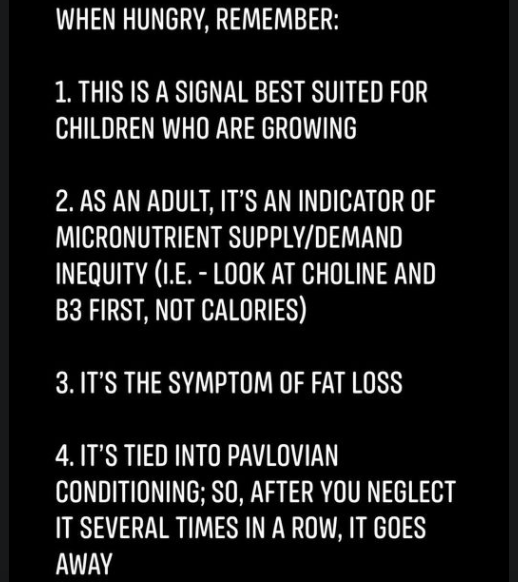
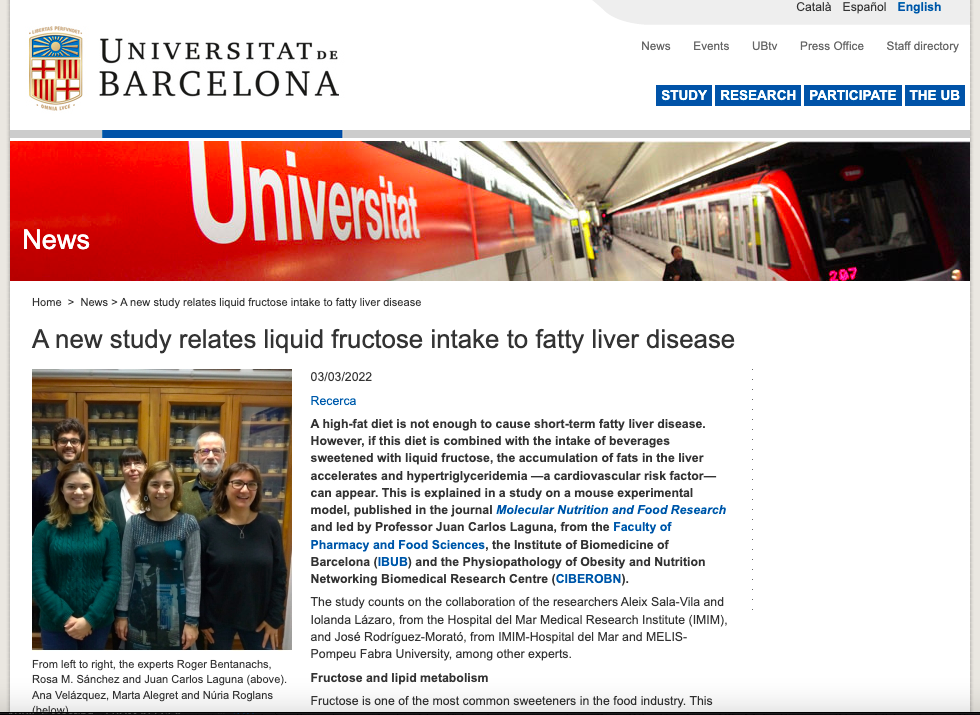
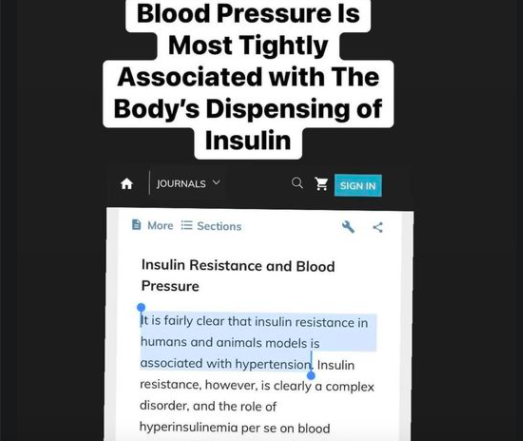
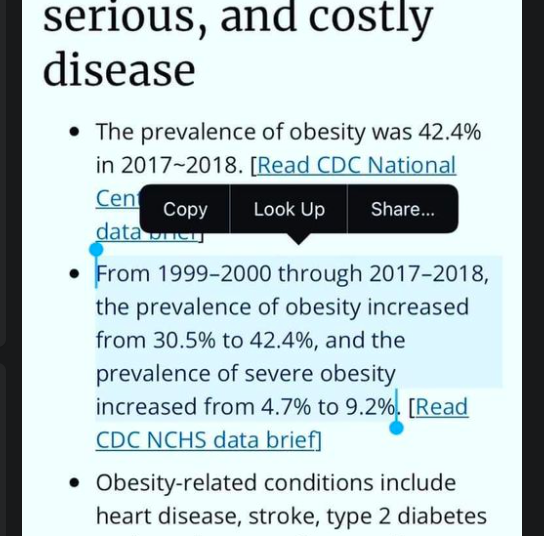
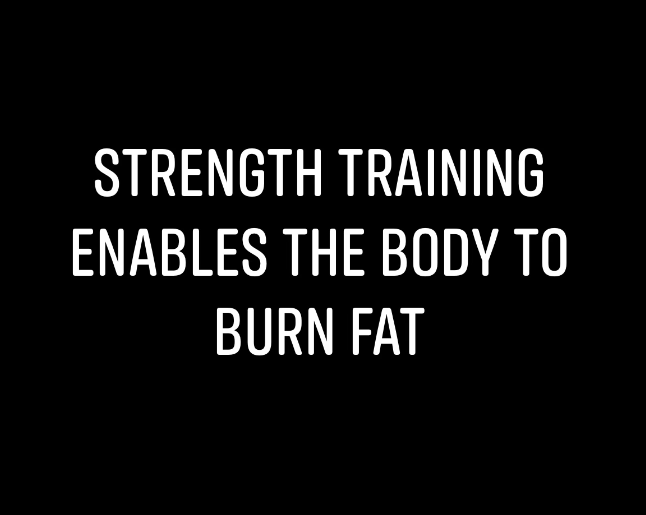

 RSS Feed
RSS Feed
